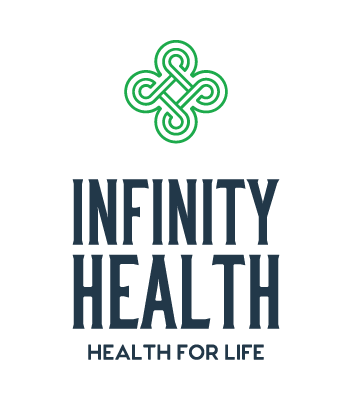What is Yoga?
Yoga originated in ancient India. The practice’s roots are in mindfulness and embracing a holistic approach to physicality and mental well-being. Becoming self-aware, allows honest action (karma yoga) and wisdom (jnana yoga). The beauty in this approach is that the caliber of your practice is all relative to your needs as an individual.
Yoga is a combination of poses and sequences that focus on unifying breath with movement. It includes physical postures, regulated breathing and meditation in a harmonized fashion.
How can yoga enhance your physiotherapy and overall physical health?
It may be surprising to note that yoga is a wonderful complimentary practice to physiotherapy. In fact, research indicates it may even enhance its effectiveness. Physiotherapy shares the principals of looking at the human body as a complex, interconnected system. A consistent yoga practice uses flows and poses to correct misalignment, relieve stress, increase joint range of motion and soft tissue flexibility. Additionally, it mobilizes nerve tracks, facilitates body-awareness, deactivates trigger points and alleviates pain symptoms.
In yoga, every pose stretches and strengthens at the same time.
Yoga’s targeted stretches use the surrounding muscles to keep you steady. Every time you breath deeper into the stretch you are actually getting stronger!
The research backs it up so far!
A 2012 study found that patients recovering from knee replacement surgery had less pain and stiffness and improved function when physiotherapy and yoga were combined, as opposed to physiotherapy alone. More research is needed to learn how other injuries and chronic pain treatments could possibly be supplemented. However, this is promising when considering long-term injury management.
It works from the inside out.
Studies show that Yoga poses often create pressure on your abdominal wall and stimulate your hormones. Both of which are responsible for signally everything from tissue function to eating and sleeping. The practice of yoga is most effective when it is routine based. It is not a quick fix and when practiced regularly people often report more energy, healthier cravings and better nights sleep.
Be kind to your mind and your body will follow.
The philosophies of yoga are deeply rooted in humility and honesty. When you apply both to your practice you are recognizing where you are in that specific moment, or “the now”. Removing expectations of what yoga should look like, or which signify accomplishment, leaves space to contemplate what you actually need to feel your best.
This mindfulness approach is perhaps the single most important thing to a holistic yoga practice. Sometimes it is as simple as accepting that your right knee doesn’t like to bend past 90 degrees, or that your shoulder won’t let you lift your arm above your head.
We put our bodies through hell and back, every single day we are alive!
Being slowed down by injuries or chronic pain is frustrating. It can be tempting to push ourselves a little too hard. Yoga teaches us the importance of recognizing discomfort and accepting it for what it is. This approach puts us in the best position to reach full recovery!

